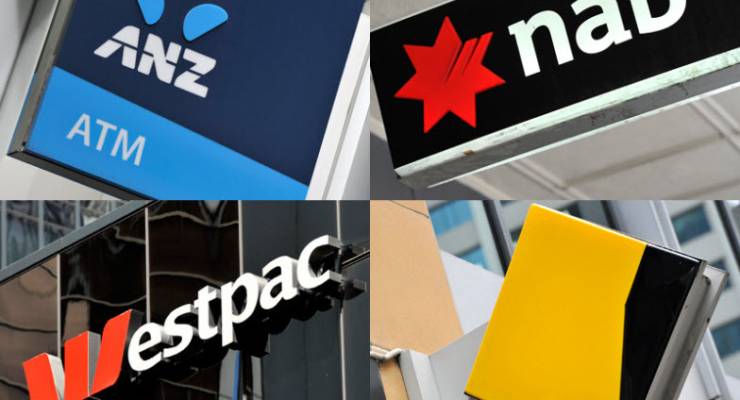
Support for a royal commission into banking practices is growing, today’s Essential Report shows, despite the government’s best efforts to thwart it. And the census is looking profoundly flawed as Australians decline to participate.
In the aftermath of last Tuesday’s census disaster, 71% of Essential respondents said they had provided their name and address, while 23% had yet to fill out the census, and 6% plan to not provide their name and address at all.
Greens voters are the least compliant, with 35% saying they had not (yet) filled out the census — but around 20% of Labor and Liberal voters also failed to fill it out; 8% of Liberal voters say they won’t provide their names, compared to 5% of Labor voters and 7% of Greens, while — defying their reputation for fringe politics — just 4% of “other” voters were not going to provide their names.
Older voters were much happier providing their names and address, with 85% doing so, while younger people were either refusing to hand over their names and address or hadn’t filled out the form yet. The overall results suggest this year’s census is on track to be the least accurate, most poorly completed census for decades.
Meanwhile, support for a royal commission into banking has increased, despite Malcolm Turnbull’s efforts to divert voters from the issue by promising an annual appearance for the big banks before a parliamentary committee: 64% of voters support a royal commission, up from 59% in April, with even 59% of Liberal voters wanting an inquiry. Twenty-eight per cent of voters “strongly support” an inquiry; just 13% oppose a royal commission, down from 15% in April.
However, there’s still support for the government’s Australian Building and Construction Commission bill, with 32% of voters backing it and 18% opposed to it, slightly down from 35%/16% support in April. However, 28% say they’re neither for nor against the bill, up five points since April; only 20% of Labor voters and 25% of Greens voters support the bill. Fewer voters believe it’s a high priority: 40% say it’s either not so important or not at all important, compared to 35% who say it’s very or somewhat important.
And more than a third of voters think we spend too much money on Olympic sports: 36% of voters say we spend too much money — with little difference between voters of different parties — while just 11% say we don’t spend enough; 34% say we spend about enough. Fifty-one per cent of voters say it’s very important or quite important that we win gold medals in Rio; 43% say it’s not important. Greens voters are the most underwhelmed by gold medals — just 29% say it’s important, compared to 63% of Liberal voters. Men — 56% — are more likely to think gold medals are important than women (47%), while older voters are less inclined to view them as important than younger voters. But there are fewer differences between people on overall interest in the Olympics — 19% say they have a lot of interest (21% men, 16% women) and 17% say no interest — although Coalition voters are the least likely to say they have no interest, and women are more likely than men — 20% to 15%.
On voting intention, Labor still leads 52%-48% on a two-party preferred basis. The Coalition is down a point to 39% while Labor is steady on 37%, the Greens remain on 10% and NXT on 4%.










Has the ABS now realised the stupidity of cross referencing data and retaining names ? Or will it float on, blissfully nonchalant about the devastating cost to its reputation. Time to stop listening to the paid idiots who infest Government Departments and use a bit of commonsense.
Sorry Alan, the plain fact is that cross referencing is quotidian procedure, from council rates, drivers licenses & electoral roll to ATO, SS & AFP.
It’s done, the dogs have barked and the civil freedom caravan moved on and was lost in the wilderness.